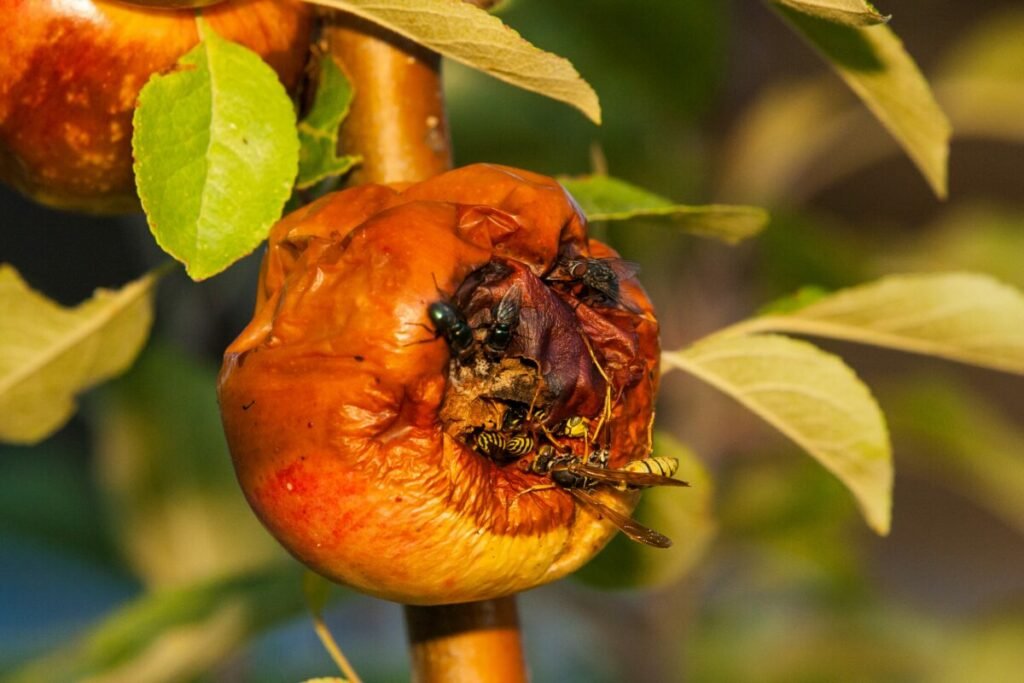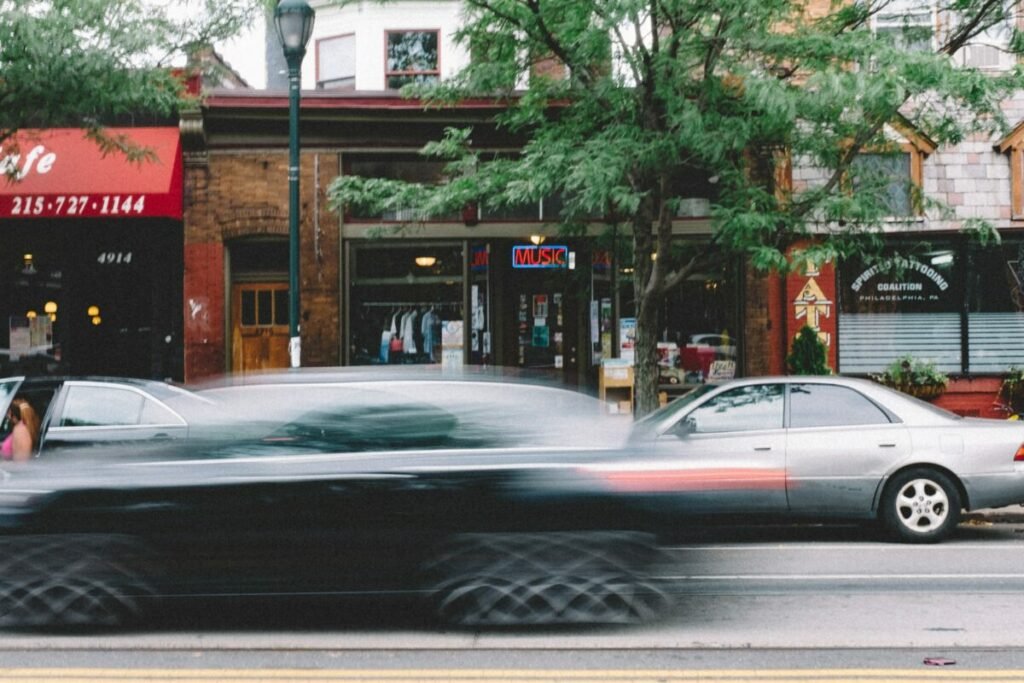
Here are the two things I can remember that together most starkly display the change. The second one was a plastic cooler piled full of striped bass, all dead. The first was when I was younger, maybe seven or eight years old. My parents had a houseguest in from the Netherlands, and we’d shown him the whole city. He played the bells on a Monday night, while the people sat around on picnic blankets and listened, and I ran around the grounds with a friend, chasing the lightning bugs.
After the recital my mother offered to take him out for dinner, but he said he had eaten too much that day so he didn’t need a whole meal. She came up with the idea of a soft pretzel and some water ice, to complete his tour of the city.
Water ice was a rare treat, and I finished mine eagerly. I watched the man pick at his medium Cherry, and get about halfway through. The adult conversation swept on and he put the cup aside, and my mother asked, “Oh, don’t you like the water ice?”
He answered politely in his accent, “Yes, but this too much for me.” Then he handed it to my mother. She murmured an agreement that it did get too sweet after a little while. She dumped it out in the sink, and threw the cup in the garbage.
And I, I ran from the room—furious at his ignorance and her nonchalance, ashamed to love something he could discard so easily. I couldn’t tolerate that the gift had been wasted. So much wasted. It was one of the last times I can remember crying.
To get those striped bass, we first had to drink and waste everything. For someone’s bachelor weekend we piled into many cars and drove the four hours down to the Eastern Shore and piled into a house and threw down our bags and then piled back out into the yard and drank. We finished around a dozen beers per man, a bottle of scotch passed around without a cap.
Most of the beer we drank during a game of bottle hockey. We felt quite liberated to be free of our women, and although the aim of the game is to make others quickly drink their beers, everyone was taking drinks even when their bottle had not been hit by the quarter. When there was a good shot a general roar went up.
After the bottle hockey everyone was feeling nightish, even though the sun was still up. I fished all the leaves out of the pool with a net I found lying in the grass. I got the water clear of leaves but then we decided that for swimming the temperature was dropping too quickly. We had paid extra for a place with a pool, which now seemed a waste. Groups split off with a shrug, and some of us went out the long dock to smoke cigars.
While we were at the end of the dock, someone mentioned Matt, who had died, and how good he’d been at bottle hockey. Someone said, “Such a shame.” And then a minute later he said, “Not the bottle hockey, I mean. Just the whole thing.” Nobody spoke for a minute, as if we agreed to take a breath not just for Matt but for ourselves and for the time when we took to heart things like waste and loss.
Then soon we talked about high school, and the girls, and college and those girls. Jones bragged again and again about girls he’d gotten with. I finally told him that I had gotten with his favorite one, the one his wife still sometimes catches him texting. He asked me why I never told him before, and I said because I wanted to save it for just such an opportunity, when your mouth ran too much about her. And he said, “It didn’t need to be a secret. I’m glad you did it. I wish we’d all fucked her.” At first I was put out that I’d saved the secret for so long to no great effect, but his reaction put me back in the spirit of fraternity and that was fitting.
There was a fire eventually, and we sat around it and looked out at the water and then into the flames. Bobby spoke about the war, but not in such a manner as to make us sad or angry. We could have been subdued by the wrong kind of story, but Bobby has an impressive touch with a story, and he navigated well. For some accomplishment on the ground he won the privilege of going up with Navy pilots. It wasn’t a trip anywhere—they just flew him around for a half hour and then landed back at the base. “Waste of gas, really,” he laughed.
They told him beforehand that they would put him to sleep with the Gs. He didn’t believe them, but they did it, even though he did the breathing. You’re supposed to breathe like when women give birth, same thing. He did the breathing, but he said the edges of his vision narrowed in until he was looking at the world down a dark tunnel, and then he was out.
Guys eventually dropped off throughout the night, but I didn’t notice until we were down to three or four. We were passing a cigar and another bottle of scotch and when I tried to guess the time I said one, but it was three-thirty. Soon after that we went to sleep, because we had to be up for the fishing the next morning.
That’s the only reason I mentioned the drinking, because of the fishing. The whole point of leaving Philadelphia was the fishing. It was a couple hundred dollars from each of us, and it didn’t matter that we had no idea how to fish nor sail—we had been promised we wouldn’t fail to catch something. We piled into cars and drove to a certain pier, and they loaded us onto a boat. We had a cooler full of beers and sodas and sandwiches, and a few guys even though it wasn’t yet eight AM started with beers right away. I wanted to get my head under me before I started on beers.
It was a half hour run out into the main bay, and as soon as we slowed and floated for the first time the captain said that if he’d known how choppy it was he would have canceled, but since we were out anyway he’d let us catch some fish. It would be a waste to get all the way out there just to turn around. There was the captain and another man to hook and bait the lines, so all we had to do was feel for a bite and reel them in. They weren’t biting at the first place we stopped to float.
He ran us another fifteen minutes out into the bay, and when we slowed down again a few guys started to vomit. They went off the back and vomited and tried to get some air, but nothing helped. The captain revved the motor for a minute to turn us into the swells and reduce how much we were pitching, but the waves kept working us around sideways.
Some guys jumped up to fish but morale was low. There was a picnic table on the deck and most of us were huddled onto it trying to master our stomachs. You could see on each man’s face that his mind was focused inside, listening to his organs like an expectant mother when the baby kicks.
Another guy lost it and threw up, and then said he felt better. Then two minutes later he threw up again and said, “Don’t do it; it doesn’t help.” He hung off the back for the rest of the trip, and people tried to help him but mostly to hope to keep it together everyone had to focus on themselves.
Someone caught a fish but it wasn’t big enough to keep, and the captain motored us to the third location. There was another smaller boat there already, which was a good sign for fishing, but it was rolling so much that we got sick to look at it. We tried to keep our eyes on something steady, but there were only some low trees on the horizon. We didn’t know how the captain picked the spots, or found them. We would have been curious to know that, but we had to spend too much time on our stomachs. Conversations were a drain.
We went to another spot, or maybe we didn’t. The day had begun to blur. We saw boats that must have been for pleasure, and others that must have been for work. I wondered whether they were having the same trouble we were, wasting their day.
The nausea sank in lower over time. We drank beers to feel better, and thought it worked, and then realized it didn’t. At some point the fish began to bite.
We hauled them in and measured them, and threw them into a cooler. Striped bass mostly. Beautiful fish. You wonder why they’re called that, and then the sun catches them right and you see that they couldn’t be called anything else. Each one came on deck to an incredulous cheer. We caught about twenty of them, for fifteen of us. Inside the cooler, the ones near the top would flop when you threw a new fish on them. I don’t know if the ones on the bottom still flopped.
One guy on our trip was a chef. He’s run a bunch of restaurants around Philadelphia. Places people have been. Anyway, he did a hell of a job with those fish. He had pork chops too, with the bone in, and steaks. There was a steak and a chop for everyone, and he grilled up three or four of the fish. We feasted, and I felt more seasick from the gluttony than I had from the boat. Or maybe the sickness just took a few hours to catch up.
We got ready to leave the next morning and there were still seventeen or eighteen of the beautiful striped bass, lined up in the cooler like pieces of firewood or busheled wheat. They weren’t flashing anymore—like some of their shine hadn’t been just the sun hitting scaly iridescence but somehow came from within. Dead they were dull. It was too early to think about eating, and we had a long drive ahead of us, so nobody wanted them. No more ice for the cooler anyhow. The day before, when we went to give the captain a tip, he had said, “I would love to take a few of those fish off your hands.” But two of the guys had already lugged the cooler back up the dock, groaning and struggling, and it had seemed too hard to call them back.
That morning while we packed up the cars, someone took them out to the end of the dock and dumped them into the bay. Or maybe nobody did that. I’m not sure. They might’ve just left the whole thing to rot and chalked up the cooler as a loss. I didn’t check.
On the drive home someone said he wished he had something cold because it might help his head, and it made me think of cherry water ice. It would’ve been wonderful to have some. We drove past a spot as soon as we were back in the city, but nobody spoke up, and we didn’t stop.


Share this post with your friends.

